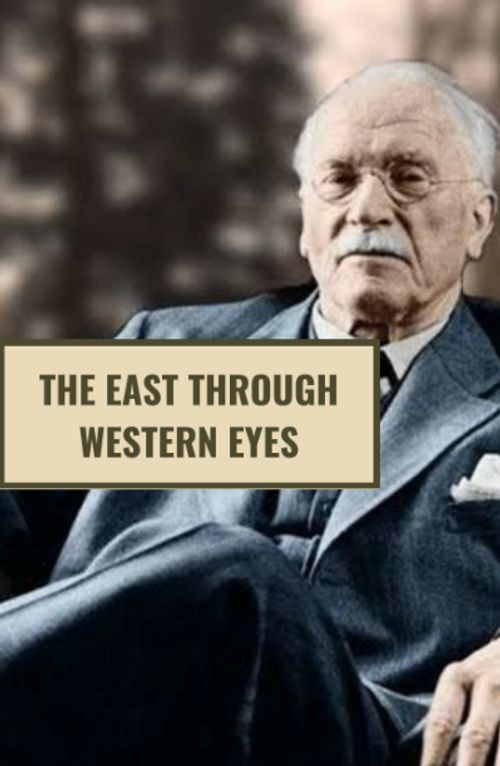India through Carl Jung's eyes
Jul 29, 2022 · 2 mins read
0
Share
Introduction. Carl Jung, a psychotherapist, believed that all psychological questions ultimately meld into religious questions. When Jung’s search for answers finally brought him to India, he was struck by an alien culture that was very much at odds with his Western background.
Save
Share
Jung’s sensitive intelligence, his extensive experience as a therapist, and his receptivity to India led to some insightful remarks that are thought-provoking to this day. Let's dig in! 👇
Save
Share
Western psyche v/s the Indian psyche: Jung wrote: “It is quite possible that India is the real world, and that the white man lives in a madhouse of abstractions.” For the western psyche, to understand the world means to control and colonize it.
Save
Share
Jung asked a provocative question: “Did you ever stop to think how much of the conqueror (not to say thief or robber) lies in that very term concept? It comes from the Latin concipere, ‘to take something by grasping it thoroughly.’”
Save
Share
The Indian psyche has no interest in screwing “the living world up tightly between two concepts” – it is more interested in the “increase of vision.” Jung: “The Indian does not fish out infinitesimal details from the universe. His ambition is to have a vision of the whole.”
Save
Share
Western history v/s Indian history: In India, Jung found “immeasurable age with no history.” Western history has gone through impressive material changes over the past few centuries, and this makes it “worthwhile” for them to “record beginnings and later developments.”
Save
Share
In the Western imagination, everything is “going somewhere,” and there’s a collective hope for “unheard-of possibilities and improvements in the future, spiritual as well as secular.” Jung: “But in India there is nothing that has not lived a hundred thousand times before."
Save
Share
In India, every individual has “already lived innumerable times in past ages,” the Gods have “numerous avatars,” and the very world cycles through the same phases across eons. For such a worldview, “recorded history” doesn’t have the same appeal.
Save
Share
On Lord Buddha: Jung called Buddha “India’s greatest individual.” Jung believed that in the long-term, “Gods become philosophical concepts.” Gods as we understand them are projections of our latent powers, blind-spots, and desires.
Save
Share
The West and the East are not just geographically distinct, but also embody distinct ideas about reality, history, and beyond. Jung wrote that the Eastern history is circular, and the Eastern mind is more interested in a wide worldview instead of a particularly detailed one.
Save
Share
0
